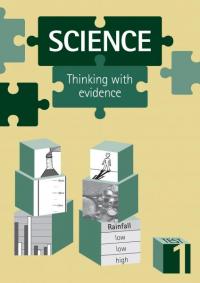Demonstrating their science capabilities: (how) are students making progress?
This is the final post in chief researcher Rose Hipkins' series about making progress in science.
By Rose Hipkins
This is the seventh in a series of posts about making progress in science. If you haven’t been following the series it might help to know that I’m responding to a dilemma many science leaders in New Zealand are facing. At both primary and secondary levels teachers are being put under pressure to report their students’ progress against curriculum levels. Middle leaders are then required to report this progress to their senior leaders/ the school Board of Trustees.













